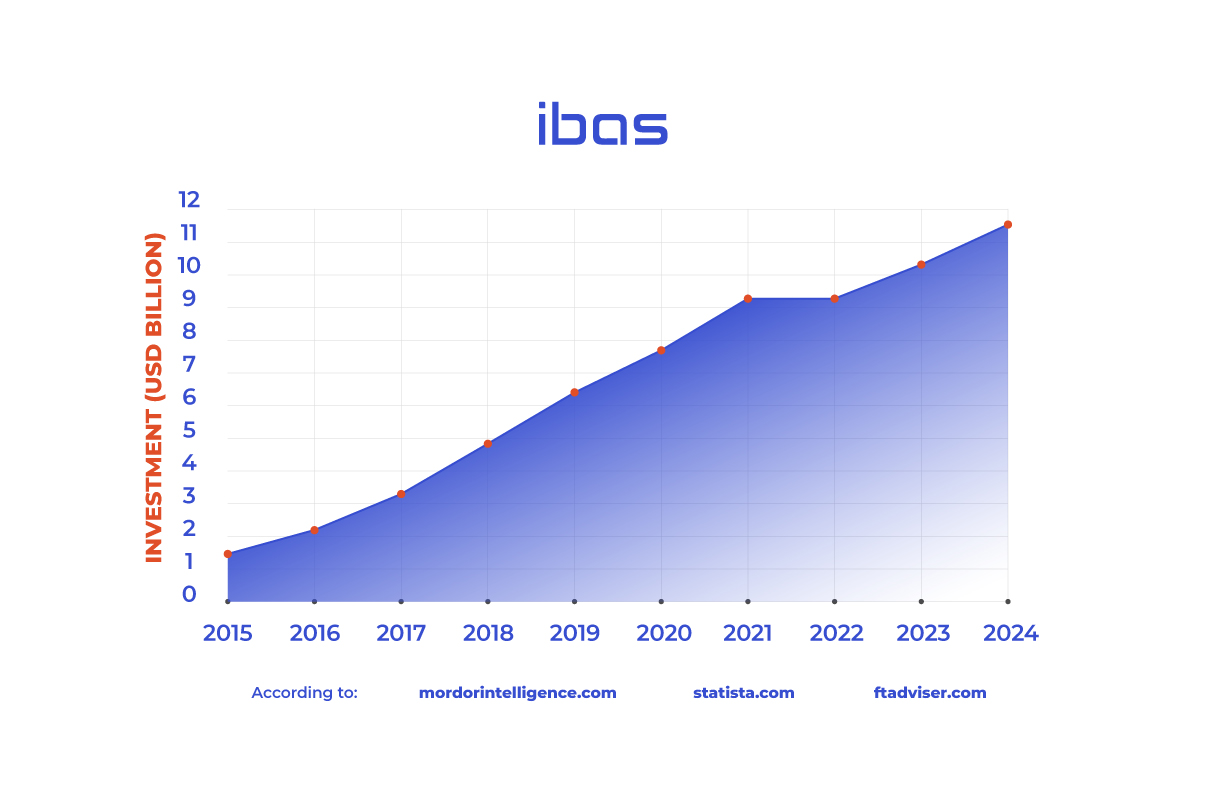The fintech revolution has transformed the financial sector, creating unparalleled investment opportunities in digital banking and financial services. Investors who recognized the potential early have seen remarkable returns, particularly in markets with strong regulatory frameworks and rapid digital adoption. As financial services continue to shift towards mobile-first, AI-driven, and frictionless experiences, fintech banking service providers are at the forefront of this evolution.
A Thriving Ecosystem for Fintech Growth
One of the world’s most mature fintech markets has set the gold standard for digital banking innovation. The region is home to some of the most successful digital banks, including Revolut, Monzo, and Starling Bank, which have redefined traditional banking by offering seamless, low-cost, and highly personalized financial services.
Several factors have contributed to the phenomenal rise of fintech banking services:
- Progressive Regulatory Environment: A robust yet supportive financial regulatory framework allows fintech firms to experiment and scale. The Financial Conduct Authority (FCA) sandbox has been instrumental in fostering innovation, enabling startups to test financial products before full-scale deployment.
- High Fintech Adoption Rates: Digital banking adoption is among the highest in Europe, with millions of consumers and businesses preferring fintech solutions over traditional banks.
- Investment Magnet: The region has attracted billions in fintech investments, consistently ranking among the top global fintech hubs.
Why Fintech Banking Services are a Smart Investment
The fintech banking sector continues to offer investors substantial growth potential due to several key advantages:
-
Scalability and Cost Efficiency
Unlike traditional banks, fintech banking services operate without costly branch networks, allowing them to scale faster and reach global markets with minimal infrastructure investment. -
Strong Consumer Demand
Younger generations—Millennials and Gen Z—increasingly favor digital-first banking solutions. The shift toward mobile banking, AI-driven financial planning, and embedded finance is only accelerating. -
Acquisition and IPO Potential
Many fintech firms become prime acquisition targets for major financial institutions and global tech giants, offering lucrative exit opportunities for early investors. Others are heading toward IPOs, presenting high-return potential. -
Expansion into Embedded Finance
Fintech banking services are no longer just about deposits and payments. The rise of Buy Now, Pay Later (BNPL), digital lending, and Banking-as-a-Service (BaaS) has expanded fintech’s reach into retail, healthcare, and B2B sectors, creating additional revenue streams.
Case Studies: Investor Returns in Leading Fintech Banks
Early investments in fintech companies like Revolut, Monzo, and Starling Bank have yielded impressive returns:
- Revolut: Founded in 2015, Revolut has experienced exponential growth, with its valuation soaring to $45 billion as of 2024. Early investors who participated in funding rounds through platforms like Crowdcube have seen remarkable returns. For instance, individuals who invested at $2.14 per share in 2016 have witnessed their shares’ value increase to $865.42 per share, representing a 404-fold return on their initial investment. (thetimes.co.uk)
- Monzo: This digital bank has also provided substantial returns for its early backers. Employees and early investors have benefited from significant appreciation in share value, with opportunities to realize profits through secondary share sales. Monzo’s valuation reached £4.5 billion in 2024, reflecting its strong market position and growth trajectory. (techfundingnews.com)
- Starling Bank: While specific figures regarding investor returns are less publicized, Starling has demonstrated consistent profitability and growth. In 2023, the bank reported a pre-tax profit of £195 million, with total revenue reaching £453 million. This financial stability suggests positive outcomes for its investors. (thefinanser.com)
Balancing the Rewards with the Risks
While investing in fintech banking service companies offers high-reward potential, investors must also navigate risks, particularly when investing in equity.
- Regulatory Challenges: Changes in financial regulations can impact fintech firms’ operational models, especially those expanding internationally.
- Market Volatility: Fintech stocks, particularly early-stage startups, can experience sharp valuation swings based on market sentiment and economic conditions.
- Competitive Pressure: With new players entering the market, companies must constantly innovate to maintain a competitive edge.
- Liquidity Risk: Private equity investments in fintech firms often require longer holding periods, with limited short-term exit options.
The Future of Fintech Banking Services is Just Beginning
Fintech banking services have already disrupted traditional finance, but the real opportunity lies ahead as new technologies, AI-driven automation, and embedded finance redefine how people manage money. For investors willing to embrace innovation, strategic risk management, and long-term vision, fintech banking services remain one of the most compelling investment opportunities of the decade.
The question is—are you ready to be part of the next financial revolution?





